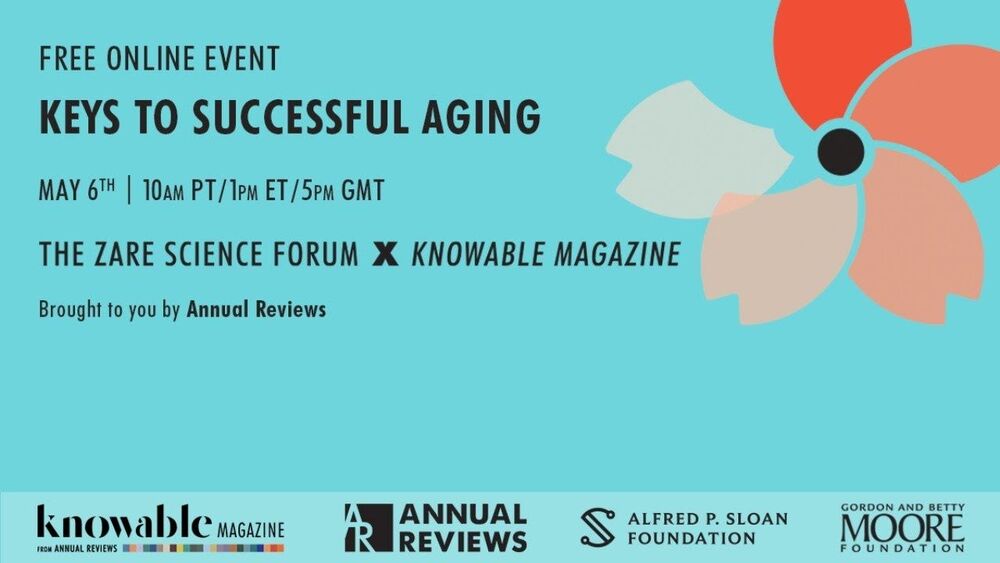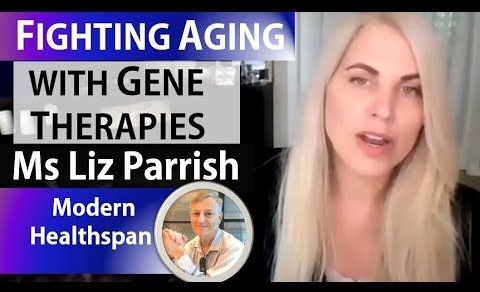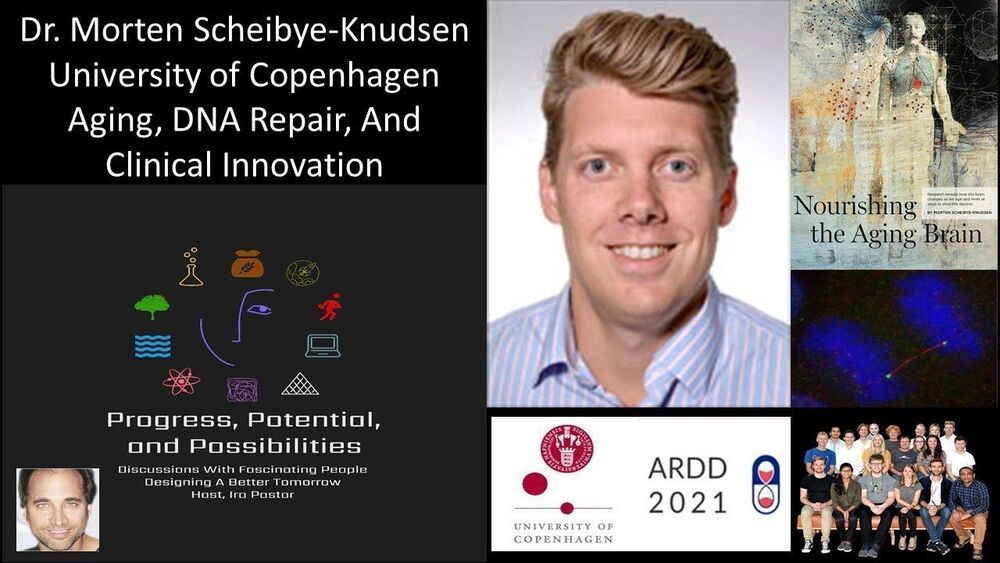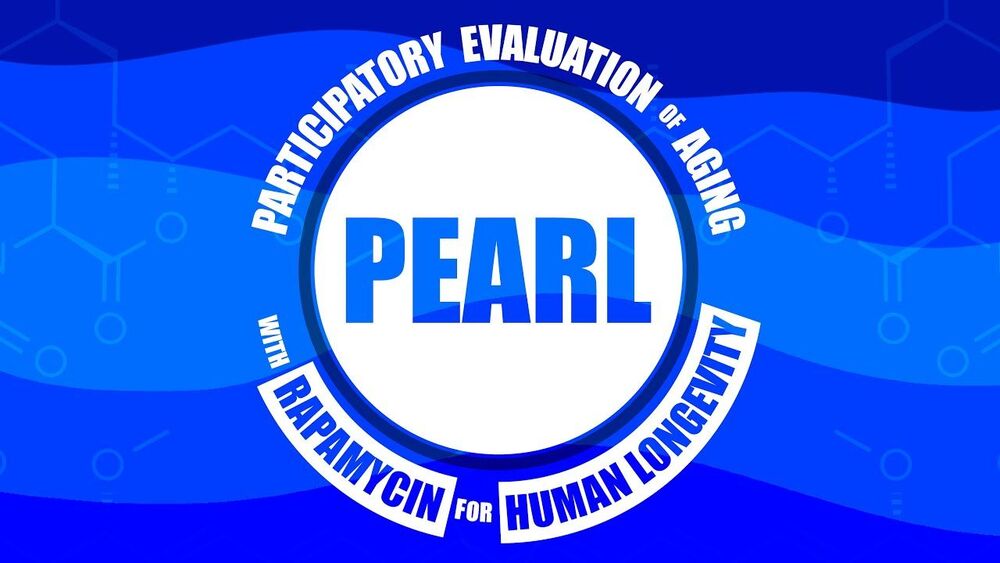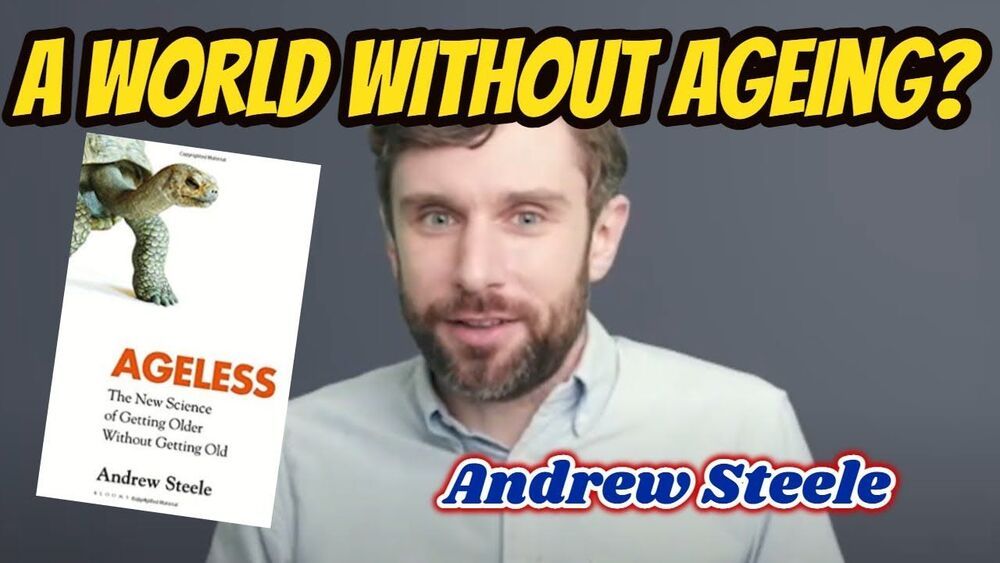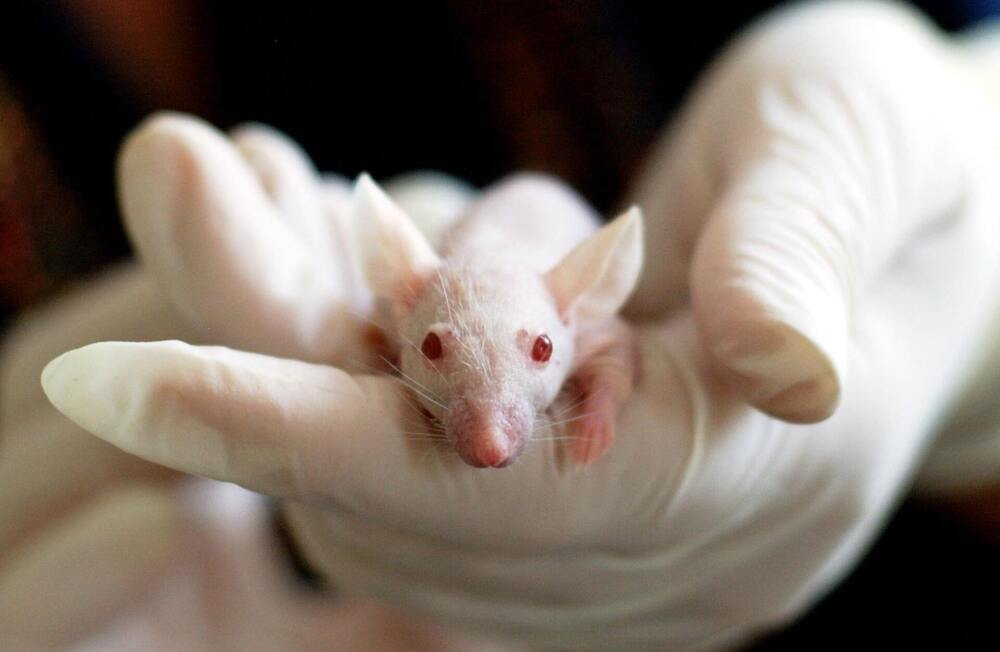
To begin with, why do we use mice in medical and biological research? The answer to this question is fairly straight forward. Mice are cheap, they grow quickly, and the public rarely object to experimentations involving mice. However, mice offer something that is far more important than simple pragmatism, as despite being significantly smaller and externally dissimilar to humans, our two species share an awful lot of similarities. Almost every gene found within mice share functions with genes found within humans, with many genes being essentially identical (with the obvious exception of genetic variation found within all species). This means that anatomically mice are remarkably similar to humans.
Now, this is where for the sake of clarity it would be best to break down biomedical research into two categories. Physiological research and pharmaceutical research, as the success of the mouse model should probably be judges separately depending upon the research that is being carried out. Separating the question of the usefulness of the mouse model down into these two categories also solves the function of more accurately focusing the ire of its critics.
The usefulness of the mouse model in the field of physiological research is largely unquestioned at this point. We have quite literally filled entire textbooks with the information we have gained from studying mice, especially in the field of genetics and pathology. The similarities between humans and mice are so prevalent that it is in fact possible to create functioning human/mouse hybrids, known as ‘genetically engineered mouse models’ or ‘GEMMs’. Essentially, GEMMs are mice that have had the mouse version of a particular gene replaced with its human equivalent. This is an exceptionally powerful tool for medical research, and has led to numerous medical breakthroughs, including most notably our current treatment of acute promyelocytic leukaemia (APL), which was created using GEMMs.
